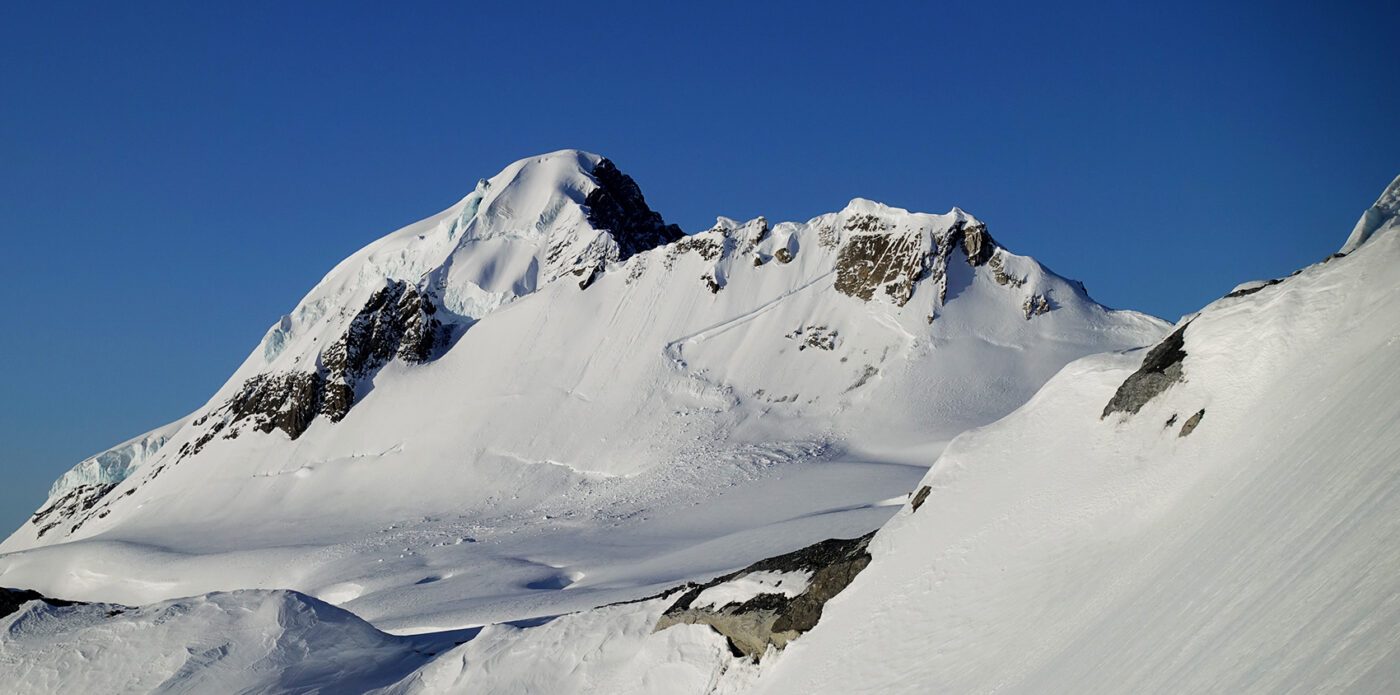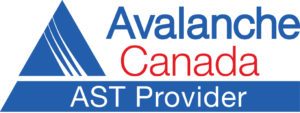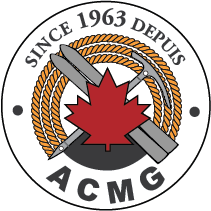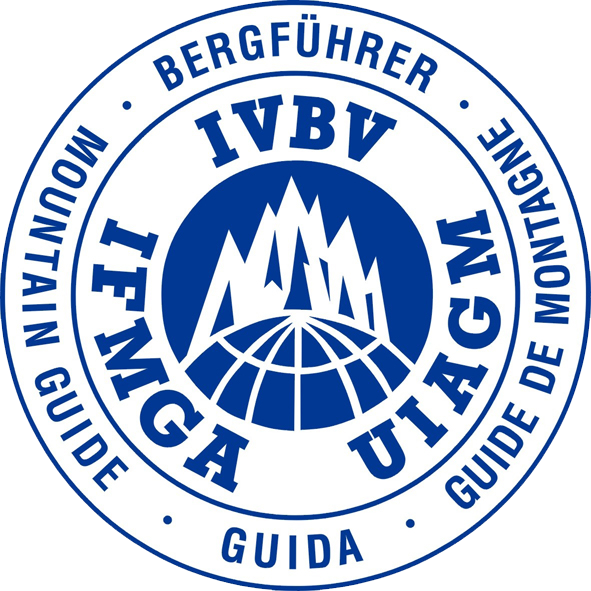
Avalanche Skills – AST 2
Dates
Dec 17-21, 2024 (Valhalla Lodge)
Dec 19-22, 2024 (Nelson)
Dec 27-30, 2024 (Nelson)
Jan 23-26, 2025 (Nelson)
Feb 13-16, 2025 (Nelson)
Mar 13-16, 2025 (Nelson)
Contact us for more dates
Price
$698 + GST for Nelson based courses. $2250 + GST for the Lodge based AST 2 Dec 17-21, 2024. Custom courses available.
Group Size
Skill Level
Avalanche Skills – AST 2
Boost your avalanche skills to the next level for some serious fun...
The AST 2 will deepen your knowledge, broaden your perspective and refine your decision making skills in avalanche terrain. This 3 & 1/2 day program is the next logical step after completing the AST 1. Similar topics will be covered with more in-depth emphasis on adapting personal exposure relative to changing conditions & ongoing field observations.
This course provides the highest recreational avalanche training in Canada and is a good stepping stone for folks seeking further Industry Training Programs. It follows Avalanche Canada’s program, goals, and objectives. For more info and photos, here is a link to an AST 2 course review done by Backcountry Skiing Canada.
For more specific details about this course continue browsing below. Students who have not taken avalanche training in awhile should consider doing the recently developed Managing Avalanche Terrain course (MAT) or the Companion Rescue Skills course (CRS). These one day programs gives you opportunity to review and refresh your skills, get information about new avalanche equipment as well as discover updated trip planing and rescue techniques.
Nelson based courses
Day 1: We will meet for a 4 hour classroom session during the evening. We will discuss and watch videos on topics like: avalanche hazard recognition, terminology & mechanics, mountain weather, snow pack structure & basic terrain evaluation. We will also sign a waiver and do a gear check.
Day 2, 3 & 4: Back country ski days with a 2 hour “Zoom” classroom session on each the 2nd and 3rd evening. We will generally meet at 8:00am and drive to a ski touring destinations to be established in the West Kootenay backcountry. We will spend 8hrs outside each day. We will focus on learning and practicing skills, including: avalanche hazard recognition, terminology & mechanics, mountain weather, snow pack structure, basic terrain evaluation, terrain evaluation, mountain hazard assessment, safe route finding techniques, snow pack analysis, snow testing techniques, transceiver searches and rescue fundamentals. Students will receive a CAA certificate and personal feedback before course end.
Valhalla Lodge Course (same topics as above will be covered)
Day 1: 8am flight to Valhalla Lodge from Burton BC. We will have a morning intro inside the lodge, discuss current conditions, select terrain options, and spend the afternoon learning while touring near the Lodge. We will have a 2hr evening classroom session in the lodge after a nice cooked meal.
Day 2 & 3: Full backcountry skiing days followed by 2 hour classroom sessions in evenings.
Day 4: We will get up early to do a final morning tour and course wrap-up. We are scheduled to fly back to Nelson starting at 1pm. Students will receive a CAA certificate and personal feedback before course end.
Intermediate Backcountry Skills / Intermediate to Advanced Downhill Skiing Skills. (avalanche safety gear, touring equipment and/or Split board required).
Successful completion of Avalanche Skills Level 1 (please have dated certificate*). Ensure you have most recent (2010) version of Avaluator™ Trip Planner (V 2.0). Pre-read Staying Alive in avalanche terrain by Bruce Tremper.
Guests are responsible to self evaluate their skills as groups need to be matched together based on prior experience and ability. Please contact us to discuss your background and what kind of course would suit you best.
For Nelson Course, classroom will be either on ZOOM or in a large conference room. Field days will occur at the various road accessible touring locations in the Selkirk Mountains near Nelson.
The Valhalla Lodge course is a fly-in course. This lodge is located near Valhalla Provincial Park and accessed via a 10minute helicopter flight from the town of Burton, BC.
The Kokanee Glacier course is a fly-in course based out of the Kokanee Glacier Chalet ACC hut. This fancy hut-style accommodation is located in Kokanee Glacier Provincial Park and accessed via a 10minute helicopter flight from the Nelson airport.
Kootenay weather can vary drastically. In winter you expect temperatures to be from -20C to –5C in the day while in spring daily temperatures could rise well above zero. Visibility may be poor or whiteout conditions when snowing heavily or clear on bluebird days. Ensure you are dressed for all variations as temperatures, wind, precipitation can change within the day.
- Pre-trip planning support
- Certified ACMG, IFMGA and/or CAA instructor
- AST 2 class note handouts & certificate upon course completion
- Decision Making in Avalanche Terrain (DMAT field-book)
- Breakfasts & Dinners included on Hut based courses
- Group safety equipment (communication device, rescue kit, first aid supplies, GPS, maps)
Not included in price:
- Lunch, snacks
- GST 5% tax
- Staying Alive in Avalanche Terrain by Bruce Tremper. Ensure you purchase/borrow & read resource in advance
- 2010 Avaluator™ Trip Planner (received in AST 1) contact CAC for replacement card
- Personal ski touring boots, skis, skins or splitboard
- personal avalanche safety equipment *SMG rentals available $40/day for complete set or beacon ($25), shovel ($10) & probe ($10)
- Transportation to touring location
- Lift fee if applicable, one way Whitewater fee is $39, Red Mtn $39
- Trip cancellation, adventure travel insurance, medical insurance
Where can I rent Ski touring and safety equipment?
Here are a few outdoor stores in Nelson that supply good service and quality outdoor equipment and gear rental, please ensure you rent gear well in advance.
ROAM phone 250-354-2056
Valhalla Pure Outfitters phone 250-354-1006
Gericks phone 250-354-4622
Sacred Ride phone 250-354-3831
What transceiver should I use?
If you are interested in touring in the backcountry with friends or take one of our courses, it is very important to get a modern “triple antenna digital transceiver” with a marking function. We ask participants to ensure that they have a digital transceiver for the course.
For recreational skiers and boarders, we suggest the following beacons: Mammut-Baryvox “Element”, Ortovox “Zoom”, Peeps “Recon” or the Tracker “3” or “S”. For people moving towards working in the ski industry a more professional “more advanced” beacons is recommended, such as Mammut-Baryvox “Pulse or S”, Ortovox “3+“ or Peeps “guide”, etc.
Skis, Telemark or Split Boards?
Which should you use? If you are a downhill skier then you should use Alpine Touring gear. Only if you are already an advanced Telemark skier or Snowboarder should you bring Telemark or Split Board gear. All types of gear can be rented in Nelson prior to your day trip. There are three types of backcountry systems you can use:
Alpine Touring skis are essentially downhill skis with a special touring binding which allows the heel to lift whilst going uphill or across the flats and then ‘locks down’ to become a regular downhill safety binding. We recommend this system to anyone with a background of downhill skiing who is not already an advanced telemark skier.
Telemark skis. These should only be used for this program if you are at least an advanced-intermediate telemark skier with some backcountry experience. This system is more difficult and less forgiving than the others.
Snowboarding with a Split Board is the most effective way to snowboard in the back country. We recommend this system to advanced snowboarder over snowshoeing.




